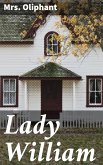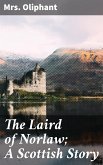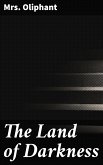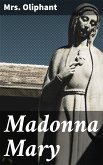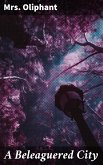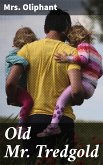In "Kirsteen," Mrs. Oliphant crafts a compelling narrative that elegantly explores the themes of individualism and societal expectation in Victorian Scotland. The novel is marked by rich character development and vivid depictions of the Scottish landscape, infused with a poignant sense of nostalgia. Oliphant's prose oscillates between lyrical beauty and keen psychological insight, reflecting the complexities of human relationships and personal struggle. Set against the backdrop of a changing society, Kirsteen's journey toward self-identity unfolds with both tenderness and robust realism, showcasing Oliphant's ability to capture the subtleties of domestic life and the burdens of duty. Mrs. Oliphant, a prominent figure in Victorian literature, was renowned for her prolific output and her keen observations on the lives of women during an era of profound social change. Drawing from her own experiences as a writer and a mother, she infused "Kirsteen" with authenticity and relatability. Her background'Äîmarked by personal hardships and keen empathy for her subjects'Äîshaped her nuanced portrayals of female protagonists navigating the constraints of their time. For readers interested in a richly woven tapestry of character and context, "Kirsteen" is a must-read. It not only provides insights into the societal pressures of the 19th century but also resonates with contemporary themes of personal freedom and the quest for identity. Oliphant's masterful storytelling invites readers into a world where every character's struggle is a reflection of the broader human experience.
Dieser Download kann aus rechtlichen Gründen nur mit Rechnungsadresse in A, B, BG, CY, CZ, D, DK, EW, E, FIN, F, GR, H, IRL, I, LT, L, LR, M, NL, PL, P, R, S, SLO, SK ausgeliefert werden.




